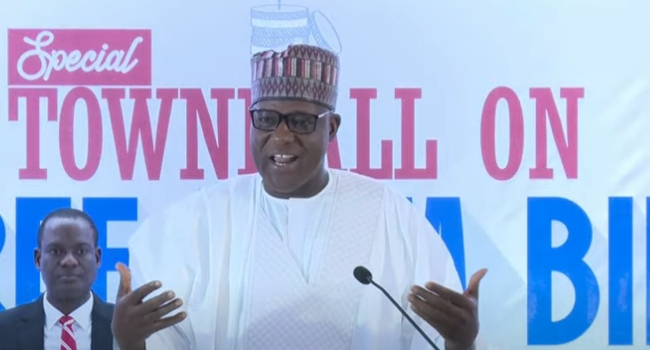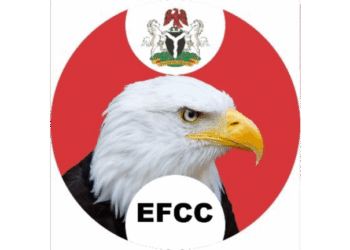A former Speaker of the House of Representatives Yakubu Dogara has called on Nigerians to be fair in their assessment of the Tax Reforms Bills.
President Bola Tinubu’s government sent the Tax Reform Bills to the National Assembly but the move has steered controversy in the country.
Some critics argue that the bills are skewed against the northern region while others claim they should be stepped down for further review.
But Dogara has faulted the criticisms of the bills and wants Nigerians to critically examine their benefits.
“We should remove the cap of regionalism, the cap of sectionalism, the cap of religion and put on the cup of leadership because that is what will resolve the quarrel that we have,” he said on Channels Television’s Special Town Hall on the Tax Reform Bills which aired on Monday.
‘Is it the Right Thing?’
With inflation over 30 per cent and millions of Nigerians battling to buy basic commodities, critics believe the Tax Reform Bills are coming at the wrong time.
Others say the is inadequate consultations over the bills.
These arguments, according to Dogara, are insufficient to throw the bills away.
“I think one of the major objections is related to the issue of timing. I’ve heard this from leaders that I respect.
“But in leadership, when you talk about timing, the way I have heard them talk about is a tragic misconception of the notion of time itself because there’s nothing like the future, there’s nothing like the past,” he said.
“All we have is now. It is what you are doing now that will become your past. It is what you are doing now that will affect your future”.
“I don’t even care if it was part of the president’s agenda. All I am bothered with as a leader is: is it the right thing?”
“Secondly, I have heard about insufficient consultation. I had heard even legislators speaking as if they were spokespersons for some governors’ forum or others instead of looking at what is right and proferring solutions.
“Now, I don’t know why he [Taiwo Oyedele who leads the Presidential Fiscal Policy and Tax Reforms Committee and a panelist for the event] didn’t address some of these issues. But I believe in the course of our interface, he will address whether there was enough consultation with the governors.
“But I want to say this: at the state level, how many people do governors consult when they are making laws? I’m not challenging them. As a matter of fact, in some cases, state laws are written from the living rooms of governors.”











